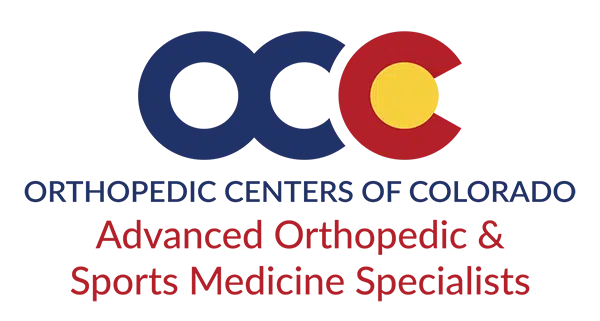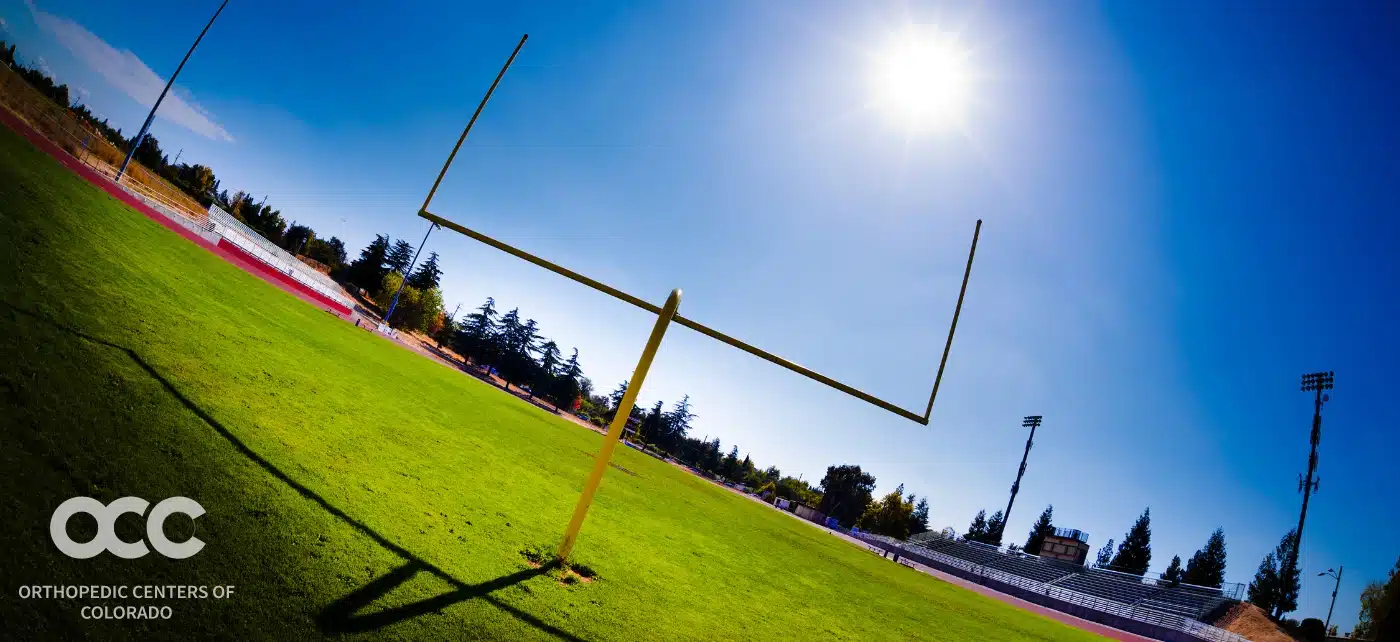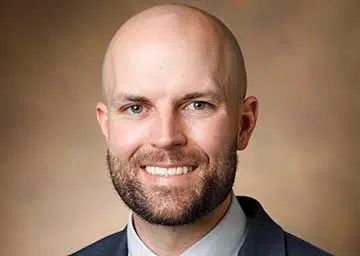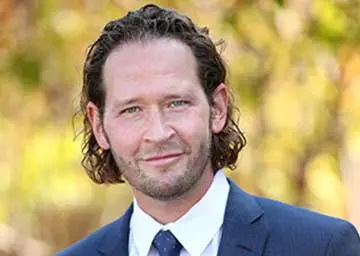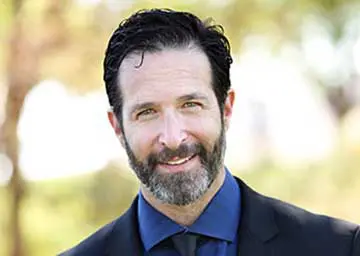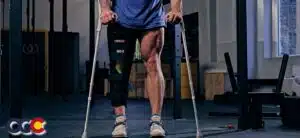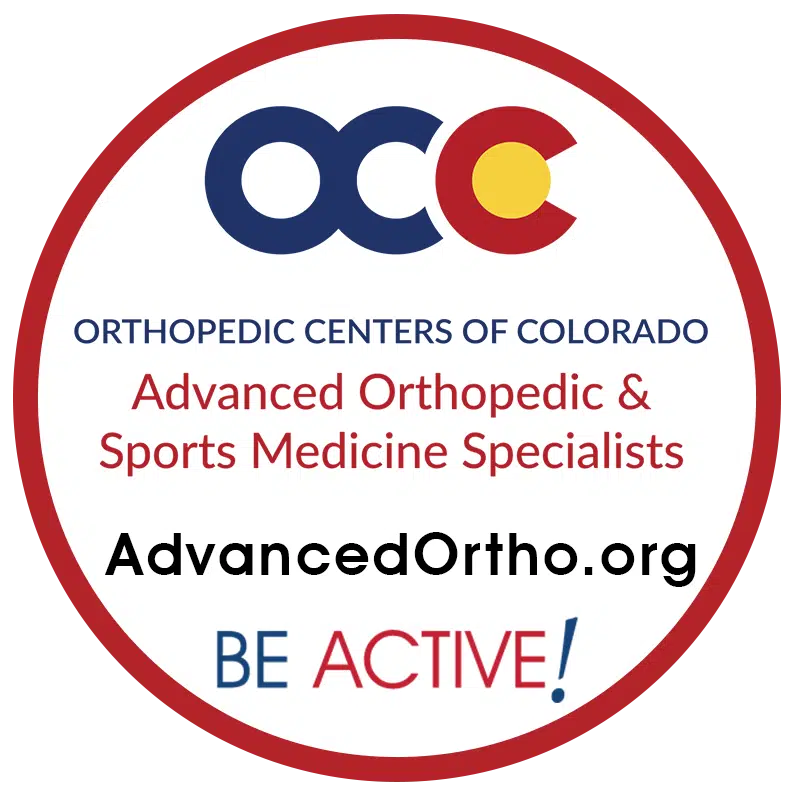Today, many teenage athletes compete for their high school and go straight to or from a club sports season. Multi-sport athletes may be stacking multiple commitments during the same season – going from volleyball to track or tennis to soccer, for example – in the same season. And while cross-training can be great, this intensity, paired with back-to-back seasons and no break, can lead to burnout, overtraining, and injury.
While summer is in season for certain sports like baseball and swimming, it can also be busy for out-of-season athletes with tournaments, travel, and skills camps.
No matter what season is your “in” season, high school athletes should take the opportunity to rest and reset at some point during the year. And, with a little planning and guidance from sports medicine professionals, you can stay fit and healthy year-round.
Transitioning Into Summer
As spring sports are winding down, it’s a good time to allow the body to rest and recover. Taking a week or two off every three to four months can help prevent burnout and reduce the risk of injury. During this time, athletes can focus on low-impact activities such as swimming, yoga, or cycling. These activities can help maintain cardiovascular fitness while reducing stress on the body.
Take a Smart Approach to Summer Sports Camps
Many high school and club athletes also participate in summer sports or skills camps as a way to stay active and improve their technique during the off-season. The sports medicine specialists at Advanced Orthopedics recommend several rules of thumb when participating in summer sports training or camps:
- When possible, schedule camps at least a few weeks after athletes have taken a break from their spring school or club season.
- Work with trained and credentialed organizations that prioritize proper mechanics and form.
- Ensure the programs put athlete health and safety first. This can include having a trainer or sports medicine specialist on-site, ensuring athletes are staying hydrated, especially in warm temperatures, and requiring the use of proper safety equipment and facilities.
Strength and Agility Training
If it’s your off-season, summer is also a great time to incorporate additional training activities such as weightlifting or plyometric exercises to improve strength, agility and reduce the risk of injury. Athletes should gradually build on these trainings by increasing the frequency, intensity, and duration of their workouts over time. Pairing these activities with low-intensity cardio all summer long is a great way to maintain fitness without overtraining.
Recovering from an Injury
If an athlete is recovering from an injury, it is crucial to follow a structured rehabilitation program designed by a sports medicine specialist. The rehabilitation program should include exercises to help regain strength and flexibility in injured muscles or joints. A summer off-season is a great time for athletes to commit to a phased recovery program to avoid returning to sports too quickly, which can lead to re-injury.
Ramping Back Up for Fall Sports
For most high school athletes, the summer break is only about 10 weeks, and the fall sports season often starts before kids are back in school. Many programs go directly into 2-per-day practices, which can be a shock if athletes haven’t been active over the summer. So while overtraining and back-to-back seasons can be too much, taking the summer off entirely isn’t wise either. In the month before official training programs begin, athletes should start to increase their training intensity gradually. Athletes should also incorporate sport-specific exercises to prepare their bodies for the specific demands of their sport.
When do you need a Sports Medicine Specialist
Maintaining fitness during the high school off-season is essential for athletes who want to stay in condition and prevent injuries. Taking time off, cross-training, and gradually increasing training intensity can help prevent overtraining and burnout. But sometimes, injuries do occur, or young athletes experience pain related to growth or overuse.
Sports medicine specialists are trained to diagnose and treat sports-related injuries and can design personalized rehabilitation and training programs to help athletes achieve their fitness goals.
In addition to injury prevention and rehabilitation, sports medicine specialists can provide guidance on nutrition and hydration, which are essential for maintaining fitness and preventing injury. Athletes should also ensure they are getting enough sleep and rest, both of which are essential for proper recovery and optimal performance.
Schedule an appointment with our Parker, Aurora, or Denver sports medicine specialists at AdvancedOrtho.org or by clicking here – Book Online Now.
